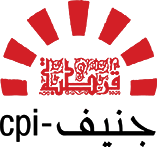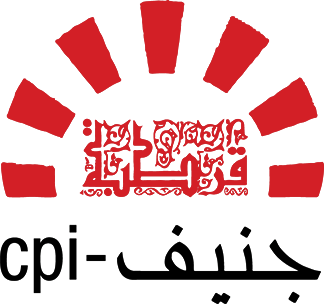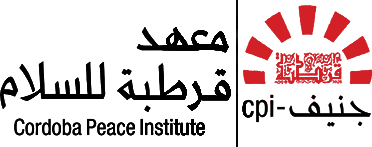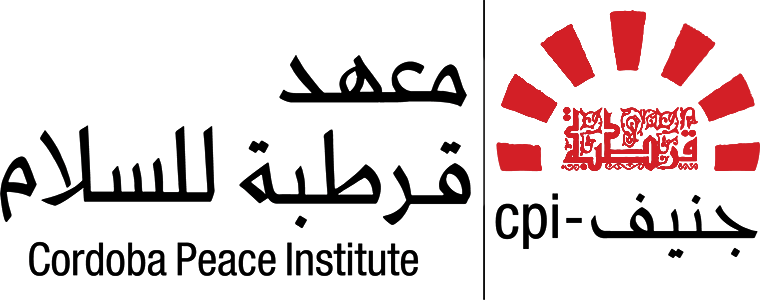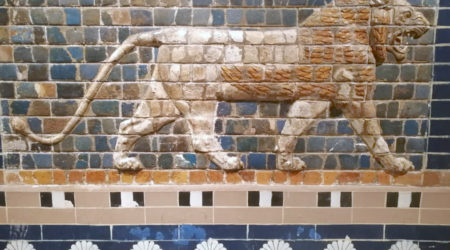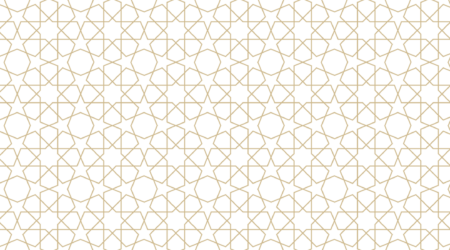Weekly Update 16-22.09.2014

1) LIBYA
» 16-22.09.2014: UNSMIL’s Bernardino tries his Luck in Libya
Lyon Bernardina, UNSMIL’s Special Representative of the UN to Libya, announced on Sunday that a dialogue would take place on 29 September between the General National Congress in Tripoli and the elected parliament in Tobruk. UNSMIL’s communique states that the dialogue would take place within the framework of the legitimacy of elected institutions and the Constitutional Declaration. In other words, Bernardino tries to offer a formula that he hopes would be acceptable to both parties to the current stalemate. On one hand, the GNC in Tripoli should recognize the legitimacy of the parliament in Tobruk, while, on the other hand, the latter should submit to the provisions of the Constitutional Declaration that stipulates the procedure for power hand over from the GNC to the elected house of representatives. It is not sure that both parties would answer Bernardino’s dialogue invitation. On the ground, the Libyan Dawn forces (pro-GNC) managed to tighten their grip on Warshfena (pro-Hafter’s Libya Dignity), east of Tripoli, following clashes that left around 150 dead in Bir Al Ghanem near Gheriyan. Regionally, Algerian news reports tell of a meeting of the Algerian Security Council in order to review developments in Libya.
http://unsmil.unmissions.org/Default.aspx?tabid=3543&ctl=Details&mid=6187&ItemID=1975301&language=en-US
http://elwatan.com/actualite/bouteflika-preside-une-reunion-du-haut-conseil-de-securite-22-09-2014-272040_109.php
2) TUNISIA
» 16-22.09.2014: Race for Presidential Elections Open
Now that the deadline for presidency candidacy was over on Monday the race is open among the presidential hopefuls to build coalitions. With Ennahdha not presenting an official candidate, its voting base will inevitably have a say in the outcome of the November presidential elections, especially if a second round takes place, as many observers think. Six heavy-weights are at the starting blocks: Mouncif El Merzouki (CFR), BejiCaidSebsi (NidaTounes), NajibChabi (Republican Party), Hama Hamami (Labour), KamelMourjan (Al Moubadara –Initiative- Party), and MoustaphaNabuli (independent former central bank governor). Among the six candidates, Merzouki is the closest to Ennahdha’s preference but the latter is in a difficult position as it is believed there is a tacit Algerian veto on Merzouki, given his closeness to Morocco. Ennahdha would most probably then not call officially on its base to vote for Merzouki. No voting instruction would be given although it is believed that Merzouki would gain a sizeable chunk of Ennahdha’s votes. If November elections go to a second round MoustaphaNabuli has chances to be part of it because he made the tactical decision of standing as an independent, unlike his rival KamelMourjan, Ben Ali’s minister of foreign affairs before the 2011 revolution. The fact that there are several candidates coming from Ben Ali’s former Destourian RCD party means that the votes would be shared among them, which would contribute to their rivals. For this reason some observers think that BejiCaidSebssiwill withdrew from the race before election day. In addition to last week’s polemic about his health condition, key founding members of NidaTounes did not appreciate the way he dealt with the matter by expelling co-founders who disapproved of his candidacy.
http://nawaat.org/portail/2014/09/21/marzouki-vs-nabli-des-presidentielles-a-enjeu-ethique/
3) EGYPT
» 16.09.2014: Retrait du parti al-Watan de la coalition pour le soutien de la légitimité
Le 16 septembre, le parti salafiste al-Watan s’est retiré de la coalition de soutien à la légitimité. Il en explique la raison par le besoin d’un cadre large et général incluant tout le spectre politique du pays en vue de la construction d’un régime démocratique sain et des institutions d’un Etat moderne.
Selon plusieurs observateurs, le retrait du parti al-Watan et, avant lui, celui du parti al-Wasat affaiblira la coalition du soutien à la légitimité, et peut-être cela isolera le groupe des Frères. D’autres observateurs pensent, par contre, que la décision du parti al-Watan démontre la volonté du parti de se rapprocher du gouvernement en vue des prochaines élections parlementaires.
4) YEMEN
» 20-21.09.2014: Prise de Sanaa par les Houthis
Après des combats meurtriers entre l’armée yéménite et les Houthis, ces derniers se sont emparés de la capitale Sanaa ce week-end. Ils ont pris le contrôle du siège de la télévision officielle yéménite ainsi que celui du gouvernement et l’état-major de l’armée yéménite.
Selon un grand nombre d’observateurs, Sanaa est ainsi officiellement tombée sous le contrôle des Houthis et l’Iran serait la main dirigeante derrière ces événements, cherchant à étendre son influence sur toute la région. Selon le site iranien Kayhan (quotidien de la Garde révolutionnaire iranienne), la chute de Sanaa consacre le succès de la révolution yéménite, et désormais Téhéran pourra diriger son regard sur Riyad.
Du côté de l’Arabie Saoudite et des pays du Golfe s’élève une inquiétude quant aux actions des Houthis qui pourraient provoquer une nouvelle balance des forces politiques au Yémen. Or ils ne prennent pas en compte que la carte politique du Yémen a déjà changé et que les Houthis forment désormais un Etat dans l’Etat.
Le paradoxe est que les Houthis ont gagné en puissance indirectement grâce à l’Arabie saoudite. En effet, après que le plan des monarchies du Golfe eut réglé la démission de Salah en fin 2011, l’Arabie Saoudite a continué à le soutenir. Salah a ainsi pu prendre sa revanche contre le parti Islah (Frères musulmans) et la tribu al-Ahmar qui ont fortement soutenu les soulèvements de 2011. Certains observateurs ont constaté en effet que Salah et la frange de l’armée yéménite qui lui était restée fidèle ont appuyé la révolte houthi contre le gouvernement. Or les revendications des Houthis sont historiques, ils réclament le pouvoir que le roi zaydite a perdu lors de l’abolition de l’imamat en 1962, voire même la restauration de cet imamat. A présent, comme leur homologue libanais, Hizbollah, ils forment un Etat dans l’Etat. Se revendiquant de descendance hashémite et sous l’influence de l’Iran, ils forment une menace potentielle pour la maison Saud.
http://kayhan.ir/en/issue/116/1
The views and perspectives contained in the Weekly Update are from individual contributors and external sources, and do not necessarily reflect the opinions or position of the Cordoba Foundation of Geneva. The links are neither intended as an endorsement of particular publications nor the only source for the updates, but to connect to information in the public domain, for those interested in background or further details.
